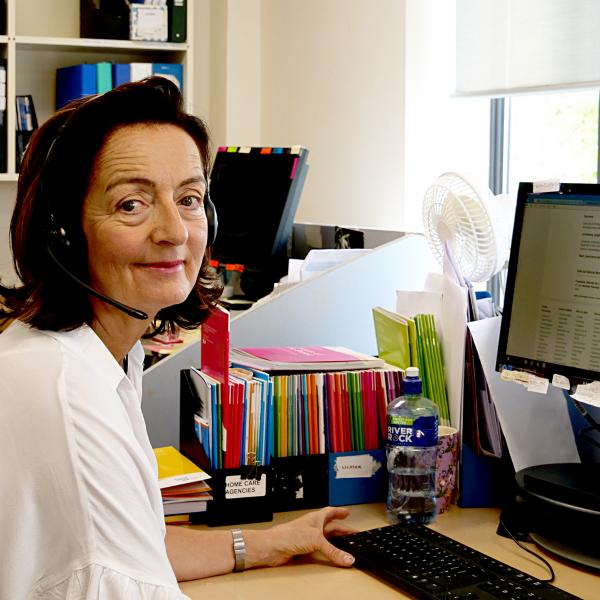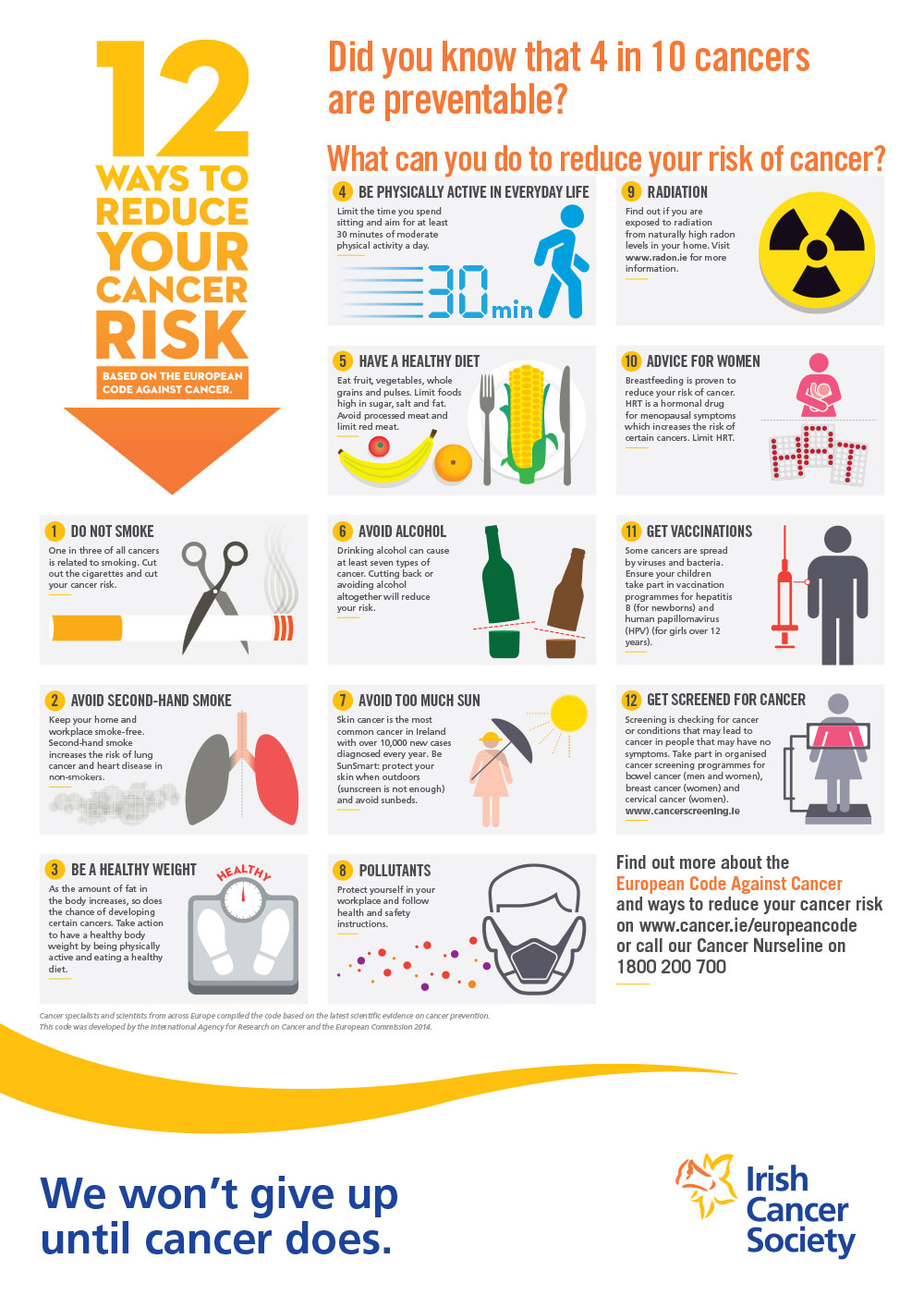Getting cancer information

Trying to make sense of cancer information can be very difficult. You may be confused by the language of cancer or find it hard to work out how to get good, reliable information.
Understanding medical language
It’s important that you get information about your disease and treatment that you can understand, so that you can make good decisions and look after yourself well. Sometimes the medical words doctors and nurses use can feel like a foreign language, and often we are afraid to say we don’t understand.

Tips for understanding medical language
- Tell your doctors and nurses if you don’t understand something. It’s their job to help you. Just say ‘Can you explain what that means, please? I don’t understand.’
- Ask your doctor or nurse to write down the main points, or give you a printed sheet to take home.
- Get more explanations about anything you don’t understand. Contact your hospital team or call our Support Line if you have any questions when you get home.
We also have a list that explains common words used when talking about cancer and treatment.
Where can I get more information about cancer?
Your medical team
Your medical team know you best and have information on your particular cancer, your treatment and your general health. Try to get a number and email address when you’re at the hospital, so you can contact your medical team if you have any questions.

Our cancer nurses
Our cancer nurses can answer your questions, send you helpful publications and direct you to reliable websites.
We have a range of free publications, reviewed by cancer doctors and nurses working in Ireland. These cover different cancer types, treatments, side-effects and coping with the practical and emotional side of cancer. You can order free copies by calling our Support Line on 1800 200 700 or order publications online.
Getting cancer information online
There is a huge amount of information about cancer online, but not all of it is reliable. It may not apply to your situation or it may be misleading or even untrue. Here are some tips to get the best online information:
- Ask your medical team for websites they’d recommend.
- Use independent, reliable websites, like cancer organisations and government health websites. Their information is checked to make sure it is based on good scientific evidence.
- Check the date when the page was written – cancer treatment is changing all the time, so out-of-date information may be unhelpful.
- Go back to your doctors and nurses if you find information online you’re not sure about. Ask them to explain it or if it’s accurate. Medical professionals know that many people use online information – They will be happy to help you.
- Find out about the website – do they have contact details, information about the qualifications of the person writing the information or any sponsors?
- Avoid information produced by individuals – personal stories are interesting to read and often feel very convincing, but one person’s experience is not a good basis for making decisions about your health.
- Avoid sites showing ads or selling services or products. If a webpage is making money – for example by selling a ‘cure’, there’s more reason for them to exaggerate or give misleading or incomplete information.
Personal stories
Using patient stories as ‘proof’ for a therapy, rather than scientific research studies. This is a sign that there may not be much real scientific evidence behind the claims being made.
Describing a therapy as a 'cure' for cancer
The only treatments that have been scientifically proven to cure cancer are standard cancer treatments like surgery.
Ask your doctor or check on respected cancer organisations’ websites to see if there's any evidence to back up the claims being made.
Exaggerating the benefits
There may be scientific research to prove that a therapy has a particular effect – for example, it may reduce swelling, have antioxidant effects or speed up healing. Just because a therapy has some effect doesn’t mean that it can cure or control cancer.
Read carefully to see what the proven effects of a therapy are and check that this matches the benefits it claims to have.
Laboratory or animal studies
Sometimes you may read about a therapy killing cancer cells in a laboratory or working on animals like rats or mice. Sometimes when these therapies are tested in humans they prove to be useful, but other times the beneficial effect doesn’t happen with humans.
Unless a therapy has gone through human trials, there’s no way of knowing if it will be helpful or not.
Never change your treatment or add your own method without talking to your hospital team first. Things that may seem harmless like diet, herbs and plants can damage your health or stop your cancer treatment from working properly, even if you used them without problems before your treatment.
Big pharma and fake news
You may have read about ‘big pharma’ hiding a cure for cancer or trying to stop alternative therapies from being used.
These stories may make you distrust the healthcare system, but they aren’t true:
- Your medical team want the very best for you. If they aren’t in favour of a particular treatment or therapy, it’s only because they know it won’t be of benefit or may even damage your health. If you’re not happy with the medical advice you’ve been given, you have the right to ask for a second medical opinion.
- There will never be a single cure for cancer, because there are over 200 types of cancer. Different treatments work well in different ways to cure or control different types of cancer.
- Independent researchers around the world are working to find new treatments for cancer. There have been hundreds of new and effective drugs developed over the years and cancer survival rates are higher than ever.
- ‘Alternative’ and ‘natural’ cures are often investigated by researchers to see if they have any effect. For example, vitamins and plant extracts. If they’re proven to work, the pharma companies still make money from mass producing them and packaging standard doses for use in hospitals – there’s no reason for them to try and stop this happening. If alternative therapies don’t become standard treatments, it is only because there isn’t scientific evidence that they work.
For more information
Phone
1800 200 700



